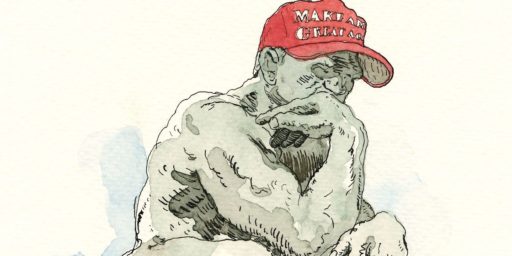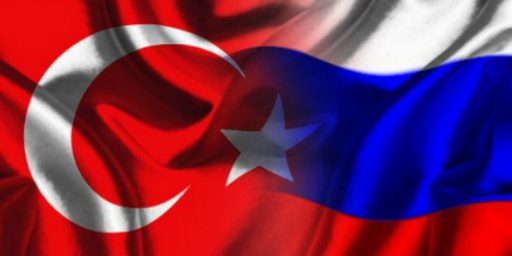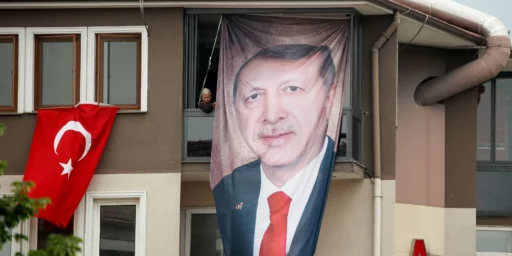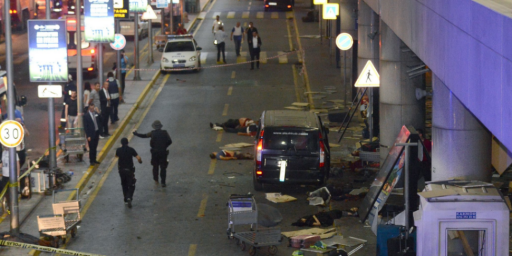REDEFINING ALLIANCES
Victor Davis Hanson reflects on the future of the US-European relationship and argues that there must be radical changes in it. It’s a powerful piece and, while I have some reservations, I largely agree with it. His conclusions are undeniable:
To preserve relationships with our cultural brethren will oddly require a lower profile in Europe, and a trust that after 60 years, Europeans can arm themselves and take care of their own problems without reverting to their old violent and internecine proclivities.
The world is not as it was: 3,000 Americans are dead. We took casualties in Iraq as a result of Turkish-French-German duplicity, and the French government had stronger military associations with Iraq than it did with us. The saner and safer, not the more precipitous, course is quietly but resolutely to change business as usual — and sooner rather than later.
* * *
It is clear to me that France is no longer an ally; it has been a while since they were. The first of the European states to develop nationalism, France is now an anachronism. It is hardly part of modern Europe anymore. Absent a radical modernization of their political culture, we will not see eye-to-eye very often. As with Russia and China, there will be times when we can work together out of common interest, but considerable differences in our worldviews preclude true friendship in the near term.
I continue to remain more hopeful than Hanson and some others about our ability to repair our relationship with Germany and Turkey. We’ve had a large contingent American troops stationed in Germany for two generations and some close personal understanding of one another have resulted. Their political culture is more socialistic than ours, but the differences are political rather than personal. Turkey is a much harder case but, while I remain bitter about their actions in this war, they were largely the result of separation of powers in an immature democracy. Their executive supported us, although for a price, and the legislature came close. Those ties can be repaired.
(Hat tip: Stephen Green)





